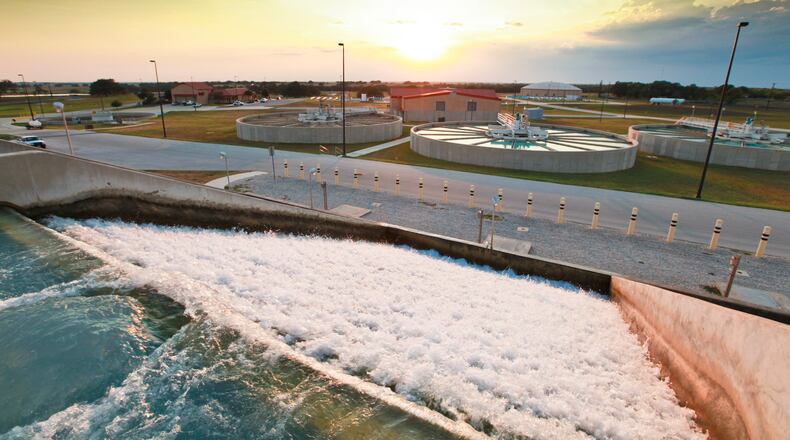Members of the state’s Board of Natural Resources on Wednesday urged Georgia environmental protection officials to be careful about allowing surface water storage in underground aquifers.
Board members did so after receiving a report from the state's Environmental Protection Division detailing its authority to allow and manage a procedure known as "aquifer storage and recovery," or ASR.
Jac Capp, the chief of the EPD’s Watershed Protection Branch, told members a study of the state’s regulations revealed that there are rules already in place to allow the division to issue a series of permits to entities seeking to use the system while at the same time protecting water supplies. The agency undertook the effort at the request of state lawmakers last year.
“When taken together and implemented in a coordinated manner for a specific project, the laws and rules function to effectively regulate the entire project,” he said.
Board member Jeff Sinyard stressed that EPD officials must be careful, adding that projects should closely be evaluated to ensure the possibility of contaminating drinking water is low.
Capp said several factors would be considered when granting potential permitting, including site location, the purpose of the project and ensuring other sources of water had first been considered.
Capp said the division will spend the next year integrating the various regulations already in place to clarify what is required of someone seeking to store water underground. The division aims to draft the guidelines within the next nine months, allowing about three months for public comment and finalizing the plan.
Capp said critics of the process told the EPD that they were concerned about the potential for contaminating underground water.
There are examples where storing surface water underground has polluted aquifers with contaminants such as arsenic or bacteria, according to the federal Environmental Protection Agency.
There are hundreds of underground storage wells in about 20 states. A 2014 study published in the Journal of Water Resource and Protection found that of more than 200 wells, 17 reported issues with water quality.
Board members also questioned the cost effectiveness of ASR.
Coastal lawmakers in 1999 imposed a 15-year moratorium on ASR technology, which expired in 2014 under renewed interest in what proponents say is a better use of financial resources than building expensive above-ground reservoirs.
Georgia over the past decade has experienced devastating drought, which caused the agricultural industry to suffer. Underground storage in theory could be a way to address those different needs, proponents say.
Only two ASR projects have gotten underway in Georgia in the past decade, and both involved pilot or exploratory efforts. Neither worked well enough to justify continuing.
The project’s cost, however, might not be a deterrent to those who are in need, board member Aaron McWhorter said.
“If you don’t have water like some places don’t right now,” he said, “you’re willing to pay a great deal for it.”
About the Author
Keep Reading
The Latest
Featured



